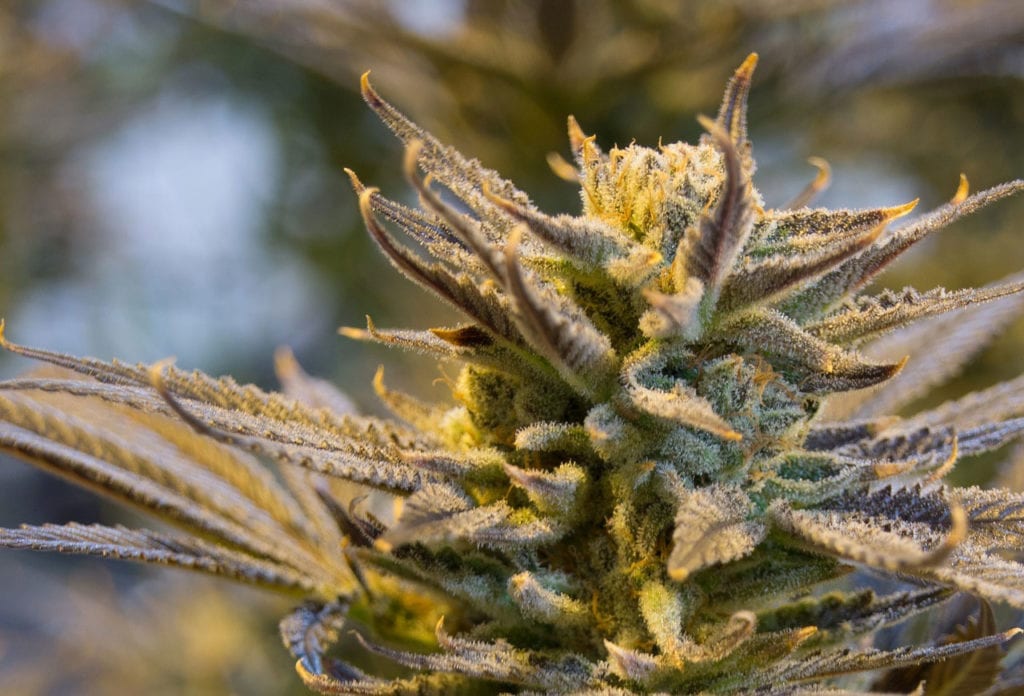According to a story from The Guardian, a recent study suggests that cannabidiol, or CBD, could magnify the effectiveness of treatment for pancreatic cancer. CBD is naturally found in the cannabis plant, and it and medications derived from it have already started to see medical use; it was recently approved to treat certain types of rare, childhood epilepsy, for example. It does not produce pronounced psychoactive effects.
About Pancreatic Cancer
Pancreatic cancer occurs on or within the pancreas, a glandular organ that is located behind the stomach. Pancreatic cancer is difficult to treat, and few patients who receive this diagnosis survive for very long. This is partially because this type of cancer is often discovered at an advanced stage, as it does not produce many symptoms early in its development. There are a variety of factors that can increase the risk of getting this disease, including cigarette smoking, heavy alcohol consumption, being male, old age, diabetes, a diet high in red meat, processed meat, or meat cooked at very high temperatures, obesity, family history, and pancreatitis. Symptoms include diabetes, jaundice, constipation, upper abdominal pain, and unexplained weight loss. Five year survival rates for pancreatic cancer are absymal, with an average of just five percent. To learn more about pancreatic cancer, click here.
An Urgent Medical Need
With the poor survival rates associated with pancreatic cancer, there is an urgent medical need for new treatment approaches and therapies that can improve a patient’s chances of long term survival. It appears that CBD could play a major role in fulfilling this need. The compound is not necessarily a treatment on its own, but it could improve the effectiveness of other treatments in a major way.
About The Study
In the study, scientists separated mice with pancreatic cancer into four groups. One group received CBD, another received placebo, another received gemcitabine (a chemo drug), and the last group received gemcitabine and CBD. The study showed that CBD had a dramatic impact on survival when combined with gemcitabine. The group that just received gemcitabine survived for an average of almost 28 days, but the combined group survived for 53 days on average.
Researchers found that CBD blocks receptors produced by the GPR55 gene, which plays a role in the growth of pancreatic cancer. These receptors are found in at least 26 percent of human patients. CBD also delays the development of treatment resistance.
These findings are very exciting and highlight that CBD could have more medical uses than previously thought. However, the study authors caution that more research will need to be done.
To check out the original study, click here.








